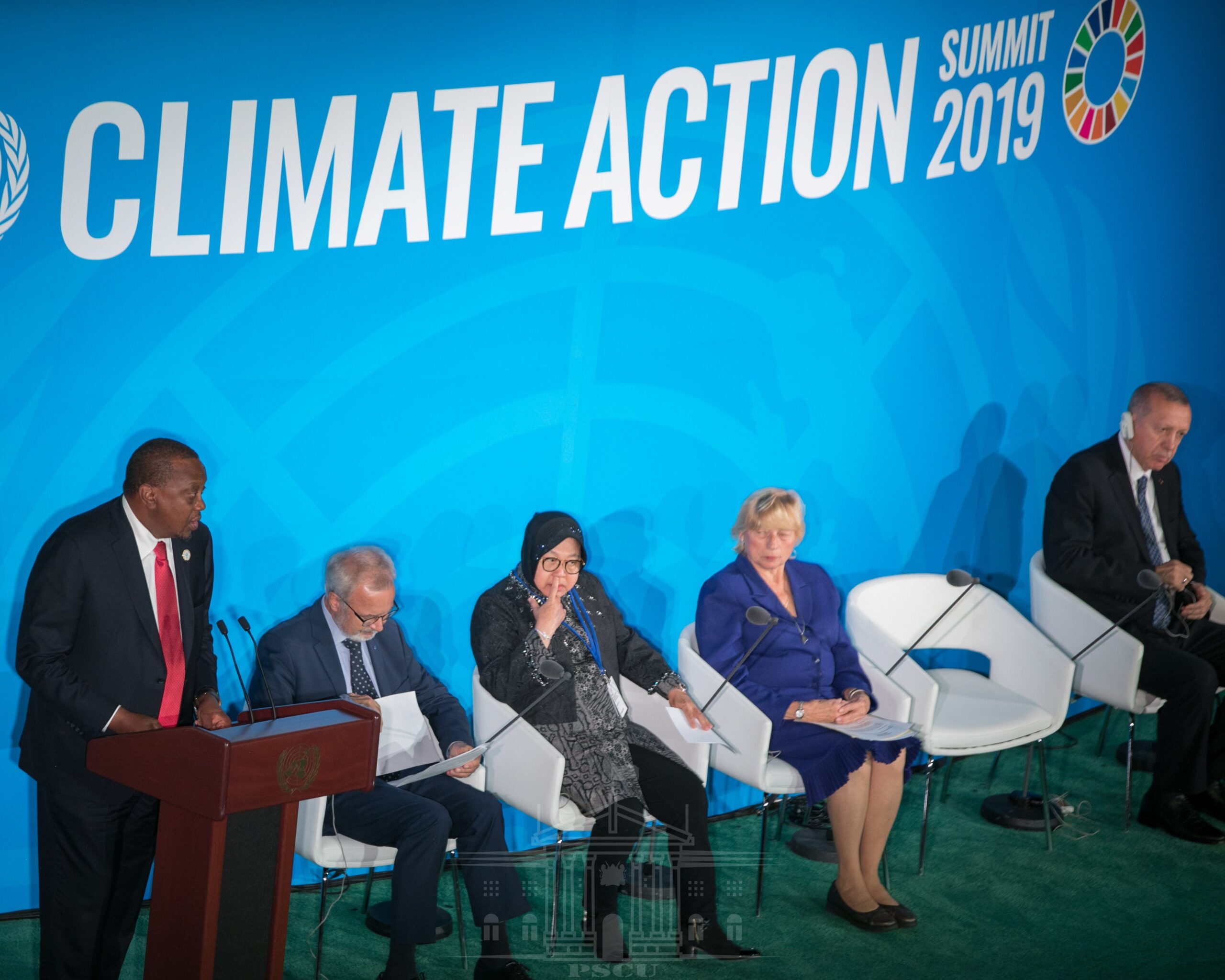
Countries doing little to shield people’s health against climate change dangers:WHO
World Health Organization says most countries are doing too little to protect people’s health from climate change dangers such as heat stress, storms and tsunamis.

In its first global review of more than 100 countries, the UN agency found that while at least half of them have developed a strategy on the issue, fewer than one in five is spending enough to implement all of their commitments.
“Climate change is not only racking up a bill for future generations to pay, it’s a price that people are paying for now with their health”, said Dr Tedros Adhanom Ghebreyesus, Director-General of the World Health Organization. “It is a moral imperative that countries have the resources they need to act against climate change and safeguard health now and in the future.”
Of the countries that conducted an assessment of climate risks to people’s health, the most common risks were heat stress, injury or death from extreme weather events.
Food and water security issues, along with vector-borne diseases, such as cholera, dengue or malaria, also featured.
Despite the countries’ findings, about 60 per cent reported that the data had “little or no influence” on the allocation of human or financial resources to make the changes needed to protect people’s health.
WHO emphasized that mainstreaming health in national and international climate processes could help access the necessary funds.
Previous research from WHO has found that reducing carbon emissions in line with the Paris Agreement could save about a million lives a year worldwide by 2050 through reductions in air pollution alone.






